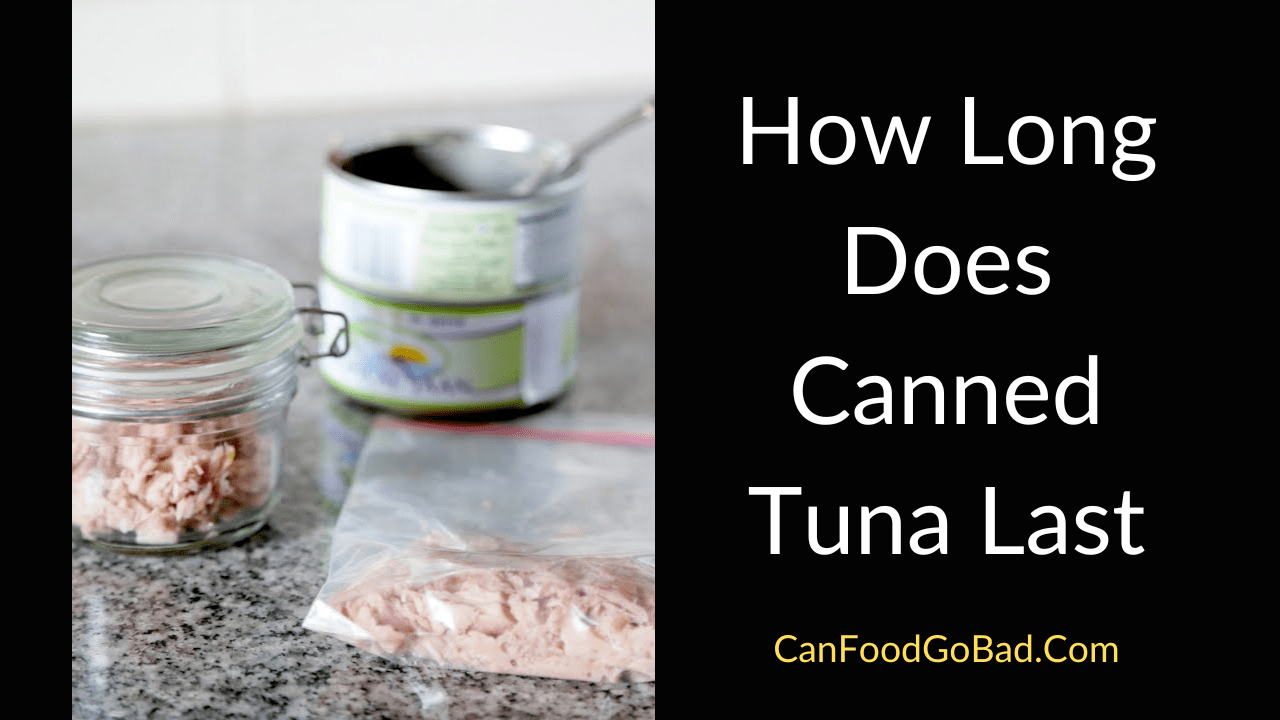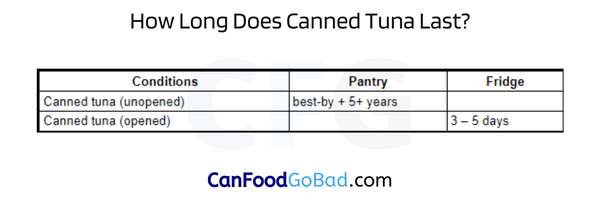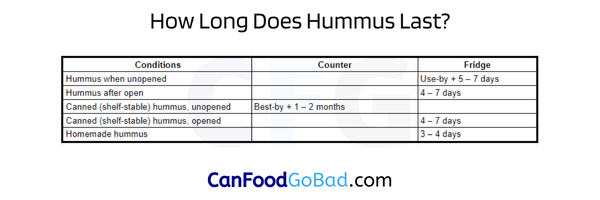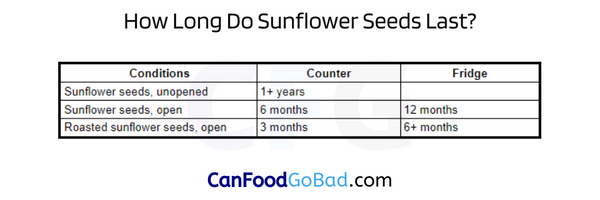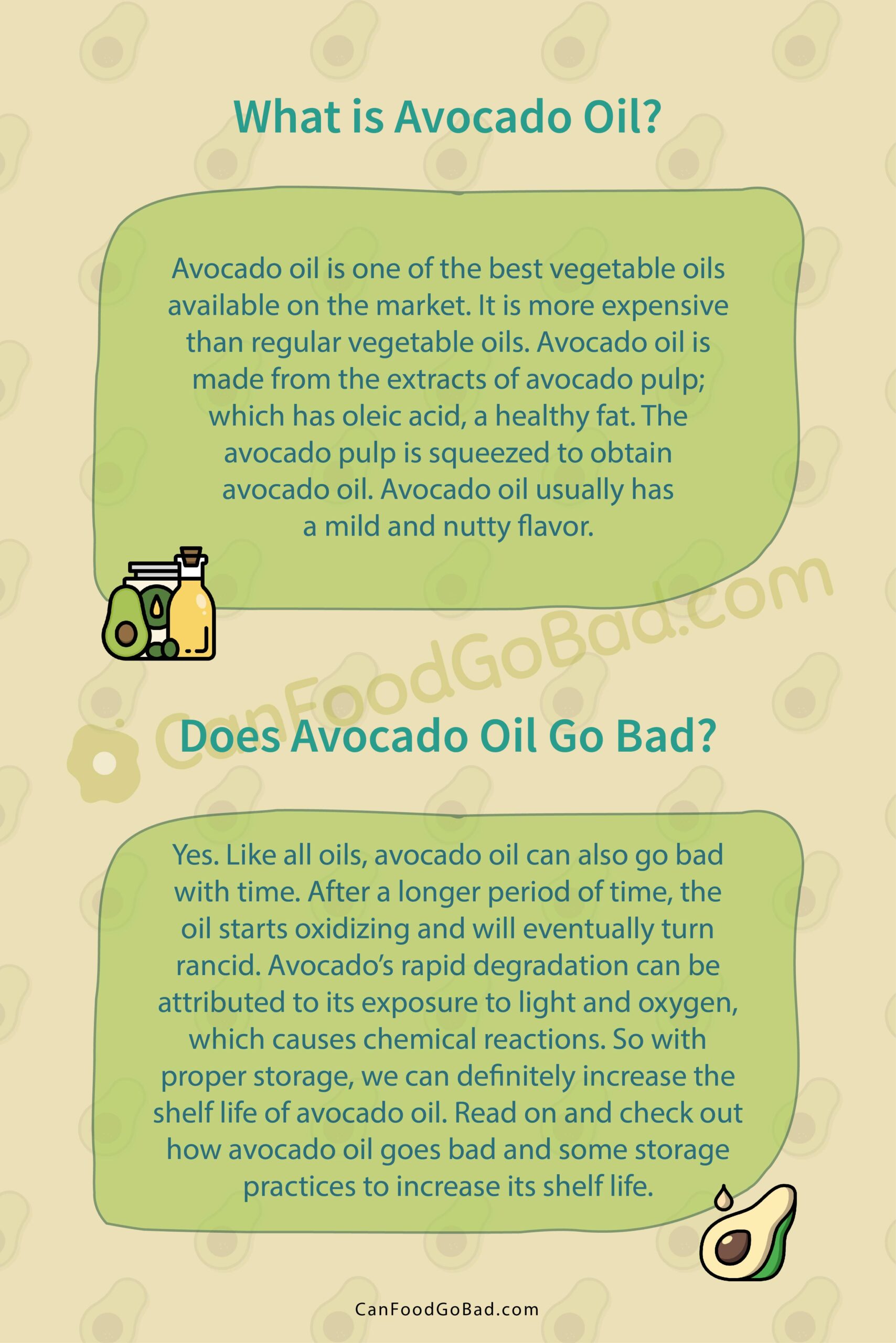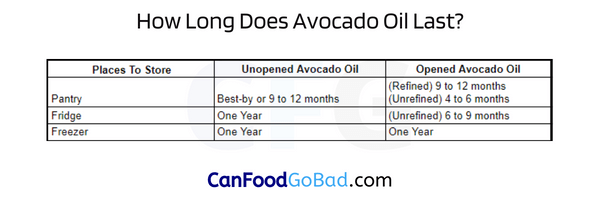Can Carrots Go Bad?: Carrots had plenty of benefits in terms of health as it improves blood circulation and enhances your eye power too. Thus, consuming carrots on daily basis is the best way to maintain metabolism.
If you find the sale on carrots, just grab them and store them fresh by checking out the below guidelines. Also, you will get the answer to does carrots go bad? in a detailed way from this guide.
Apart from the do carrots go bad you may also get a clear idea of how long it lasts in the fridge and pantry, Tips for storing carrots fresh, and signs of spoilage after freezing those root vegetables. Excited right? just go with the modules given below.
- Can Carrots Go Bad? | How To Tell If a Carrot Is Bad?
- How Long Do Carrots Last For?
- How to Store Carrots Fresh For Longer Time? | Tips for Storing Carrots
- Can You Freeze Carrots?
- Facts About Carrots
- FAQs on Does Carrots Go Bad If Left Out

Can Carrots Go Bad? | How To Tell If a Carrot Is Bad?
Yes, carrots can go bad after their shelf life by causing rot or mold. Also, you can’t expect the same quality when it started rotten or moldy. There are various factors you have to look for to tell if a carrot is bad. They are as such:
Rot or Mold: Root veggies go bad easily and it starts to slow down the quality and create white fuzz on the surface. If you see moldy on one side then remove the part and use the remaining part like others.
Limp, Rubbery, or Bendy: Eating these type of carrots are too risky and not good for health too. So discard them immediately.
In case, your carrots become soft after sitting in the fridge for a long time then don’t consider them as bad. It is still good to eat in dishes or salads or raw.
Also Read: Can Broccoli Go Bad
How Long Do Carrots Last For?
Carrots can stay for a longer time in the fridge for a month – two months. If it is in the pantry then it lasts for 4-7 days. If the carrots are cooked then you can keep them for about 5 days. The shelf life of carrots can vary based on the temperature you stored.
In case, you have a bunch of carrots in the summer season then it lasts for 3-5 days at room temperature if need to be fresh for the long term then keep them in the fridge. Avail the clear-cut information on carrots’ shelf life from the following table and also get a quick reference.
| Conditions of Carrots | Pantry | Fridge | Freezer |
| Baby carrots | 3 to 5 days | 3 to 4 weeks | 6 to 9 months |
| Raw whole | 3 to 5 days | 4 to 5 weeks | 6 to 9 months |
| Sliced, in water | Unsafe | 6 to 8 weeks | Not recommended |
| Cooked | Unsafe | 1 week | 6 to 9 months |
| Dehydrated | Up to one year | Unsafe | Not recommended |
For sharing this informative & shareable image on any handle, download the below image for free and share it via social media platforms to your dear ones and spread awareness about the shelf life of carrots.
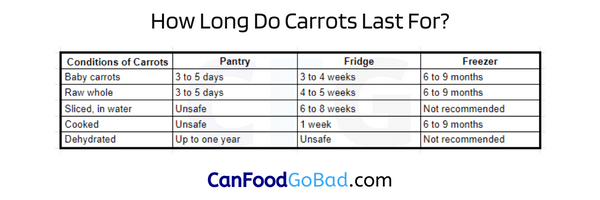
How to Store Carrots Fresh For Longer Time? | Tips for Storing Carrots
Storing the carrots with greens is not suggestable like radishes, beets, and other root veggies. You can store carrots in the pantry as well as in the fridge. For both methods, cut the leaves off as they pull the moisture content from the root and easily get dried.
Carrots should be stored in places where ethylene-produced fruits and veggies are not in contact because it speeds up ripening too fast. One more tip to store carrots fresh is don’t wash the veggies before storing them in the fridge or pantry. Always recommended to wash off the carrots when you wish to eat or cook them.
Storing tip for raw carrots in the pantry is to keep them in a well-ventilated place to retain their moisture and doesn’t start any rot growth on carrots. Places that work best are cabinet and kitchen shelves.
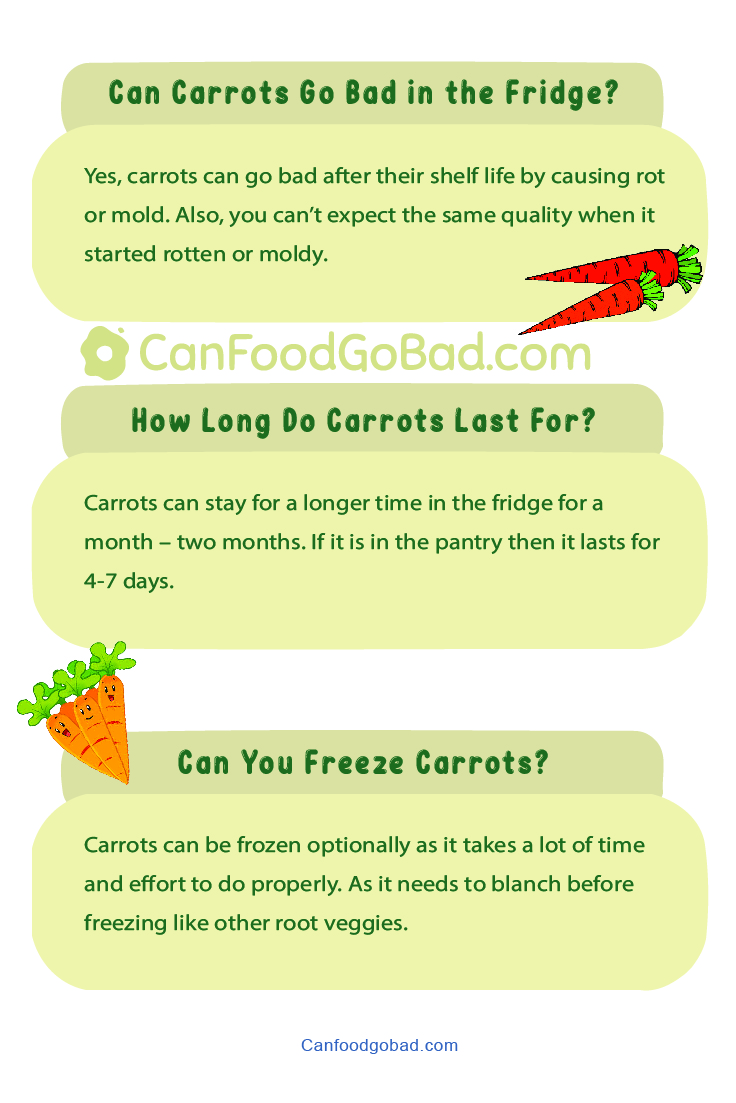
Do Check:
Now, it’s time to knowing the tips to store carrots in the fridge. Well, you can see the two best ways to store them fresh in the refrigerator ie., store them in water (submerge) or keep the dry carrots directly. Using the veggies drawer or plastic bags that have tiny holes goes best to stay fresh. Also, you can use the paper towel trick and moisten them every couple of days to last for a longer time.
One more beneficial trick to store the carrots in the fridge is to take the seethrough airtight container and fill the half with water along with the carrots you bought. Later on, seal it with a lid and leave it in the fridge. The water should be changed every 3-4 days or when you see cloudy in the container. Check out the shelf life of carrots when you go with these two methods in the fridge from the above module and try out the one that suits your carrot condition.
When it comes to chopped or cooked carrot pieces, follow the airtight container trick without water and place them in the refrigerator. If you want to stay even longer then freezing carrots work best. The details about how to freeze carrots are discussed below, take a look at the module too.
Can You Freeze Carrots?
Carrots can be frozen optionally as it takes a lot of time and effort to do properly. As it needs to blanch before freezing like other root veggies. Had some time and patience in you for blanching the carrots and it’s good for your health as well because it retains flavor, color, and texture.
Also See:
Want to know how to freeze it properly? Follow these steps carefully:
- Peel out the carrot top layer and chop them into the required size of pieces(optional).
- Take a pot of boiled water and add the chopped pieces in water and blanch them.
- After some time, drain out the water and add cool water to stop the cooking process.
- Dry the cold carrots by dabbing on the cloth.
- If you are doing this freezing process for a bunch of carrots then portion the required amount of carrots and pack them in freezer bags.
- Finally, place these filled freezer bags in the fridge and freeze them for extending the shelf life.
Facts About Carrots
- Afghanistan is the country where the carrots were grown initially.
- There are three types of carrots, such as Crème de Lite, Long Orange, and Scarlet Nantes.
- Baby carrots don’t come in the type of carrot.
- If the winter season arrives, you can leave your carrots in the ground without any tension.
- Also, there are different colored carrots like white, deep shaded purple color, yellow, etc.
- Beta-carotene sources are high in carrots.
- Eating raw carrots is good for health but not much as cooked carrots.
FAQs on Does Carrots Go Bad If Left Out
Yes, carrots can spoil if you have not stored them properly. The raw carrots’ shelf life is 3-4 days and when it is stored in the pantry, if it is in the refrigerator they last about 4-5 weeks.
2. Is it okay to eat an old carrot?
No, eating an old carrot will give certain health risks such as stomachache, vomiting, etc. If you follow the proper storage tips and food safety cautions then you can extend the shelf life for a longer time.
3. Do carrots go bad in the refrigerator?
For a certain time, it will stay fresh in the refrigerator. If you haven’t followed the guidelines discussed above then your carrots can go bag in the fridge.
Key Takeaways
Are you happy after checking out this information guide on can carrots go bad? If yes, then do visit our site Can Food Go Bad for many articles like this and gathered the food-related details to prevent spoilage and enjoy a healthy food lifestyle.




